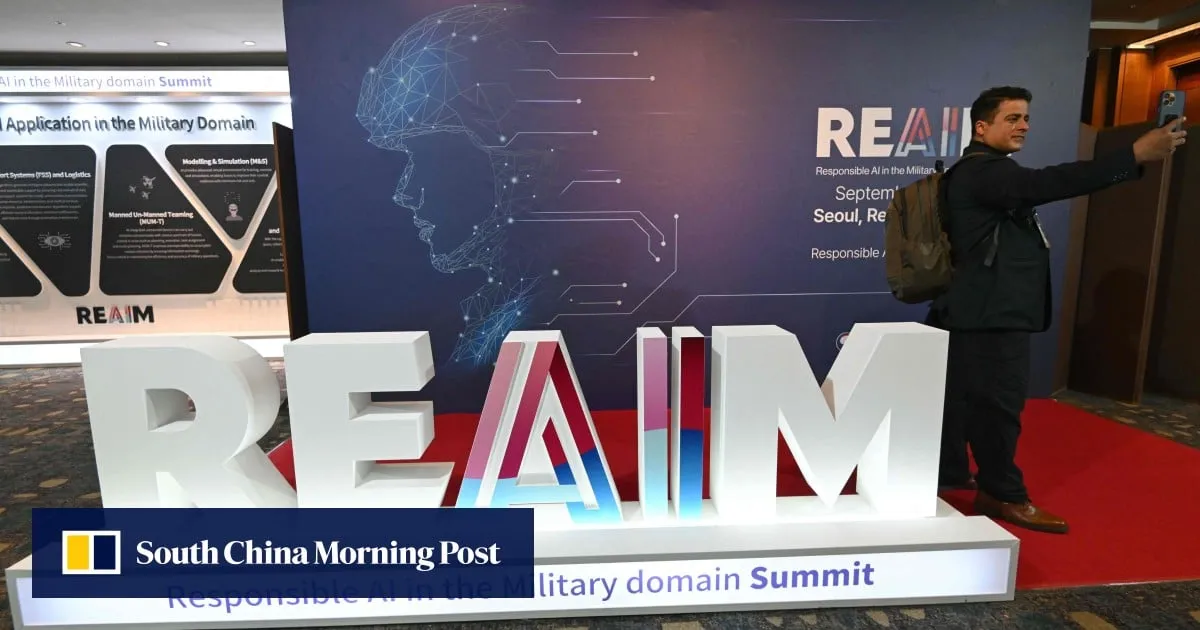China's Role in Military AI and Global AI Governance

China's Strategic Competition and Military AI
China has raised concerns over its participation in global AI governance initiatives, particularly regarding military applications. Following the recent REAIM conference in Seoul, the Chinese government's decision not to endorse a joint statement on nuclear weapons control reflects its cautious approach within the US-China competition. Tong Zhao, a nuclear expert, noted that Beijing prefers to engage in discussions without making firm commitments that could limit its strategic options.
Impacts of US-China Rivalry on AI Governance
- China's approach is heavily influenced by its competition with the US.
- The desire for greater autonomy in AI governance frameworks is evident.
- Beijing's reluctance showcases a complex balance between engagement and self-interests.
Moreover, the evolving capabilities brought by military AI pose risks, described as a double-edged sword, where both nations are racing to develop AI technologies for a strategic edge.
Concerns Over Global AI Regulation
Seong-Hyon Lee, a Harvard associate, emphasizes that the military use of AI complicates any regulatory measures because a mutual understanding between the US and China is critical. The expanding use of AI in military context raises international tension, necessitating cooperative dialogue to promote frameworks ensuring the ethical use of technology.
This article was prepared using information from open sources in accordance with the principles of Ethical Policy. The editorial team is not responsible for absolute accuracy, as it relies on data from the sources referenced.